AI in Journalism: Stakeholders harp on balancing risks, rewards
By Oluwatope Lawanson
Media stakeholders have said that Artificial Intelligence (AI) in journalism presents both opportunities and challenges due to its growing integration within the media industry.
This observation was made during a media stakeholders’ roundtable on AI, titled: ‘The Media & Press Freedom: Issues & Perspectives’.
The event was held at the International Press Centre (IPC), Ogba, Lagos, to commemorate World Press Freedom Day.
The News Agency of Nigeria (NAN) reports that the event was organised by IPC in collaboration with ACSPN, and supported by IFEX.
IFEX is a global network of over 100 organisations across 70 countries working to advance freedom of expression.
The event also explored links between AI, press freedom, disinformation, and censorship in modern journalism.
Mr Gbenga Ogunleye, a media Law expert described AI as a “necessary evil”, significantly disrupting journalism, much like the earlier influence of new media technologies.
The ex-Provost of the Nigeria Institute of Journalism, noted that AI is widely used across professions, including journalism, bringing both benefits and drawbacks to the practice.
On press freedom, Ogunleye stressed the importance of strong and independent journalism in society.
He said such journalism is crucial for reporting from conflict zones and exposing corruption, crime, and abuse of power.
Ogunleye quoted Scott Griffen of the International Press Institute, saying press freedom is under global strain.
He echoed the need for robust, independent journalism has become more urgent than ever.
Prof. Rotimi Olatunji, Association of Communication Scholars & Professionals of Nigeria (ACSPN) President, said AI presents future opportunities and threats for journalism.
Represented by Dr Solomon Oyeleye, he urged scholars and professionals to understand AI’s impact on society.
He said scholars must consider how to train future journalists using AI responsibly and ethically.
Oyeleye added that the current generation must also ensure their use of AI benefits society.
“It’s a double-edged sword, and globally, everyone is still learning to manage it,” he stated.
Oyeleye, a media lawyer and ex-Provost of NIJ, reaffirmed ACSPN’s commitment to communication education and research excellence.
He called for stronger collaboration between media scholars and professionals to shape the future of journalism.
As Professor of Public Relations and Advertising at LASU, he encouraged journalists to join ACSPN.
“I urge you to take up training and engagement opportunities to stay relevant in the AI-driven media landscape,” he said.
The event emphasised the need for journalists to understand AI’s media implications and manage its risks while leveraging its advantages.
Mr Monday Ashibogwu, Publisher of Quick News, said balancing AI’s benefits and threats requires a measured approach.
He called for transparency, ethical standards, and regulatory safeguards to protect press freedom and media integrity.
Ashibogwu advised media houses to use AI for operational efficiency, personalisation, and data-driven journalism.
He urged them to adapt quickly to stay competitive in today’s fast-changing media environment. (NAN) (www.nannews.ng)
Edited by Kamal Tayo Oropo





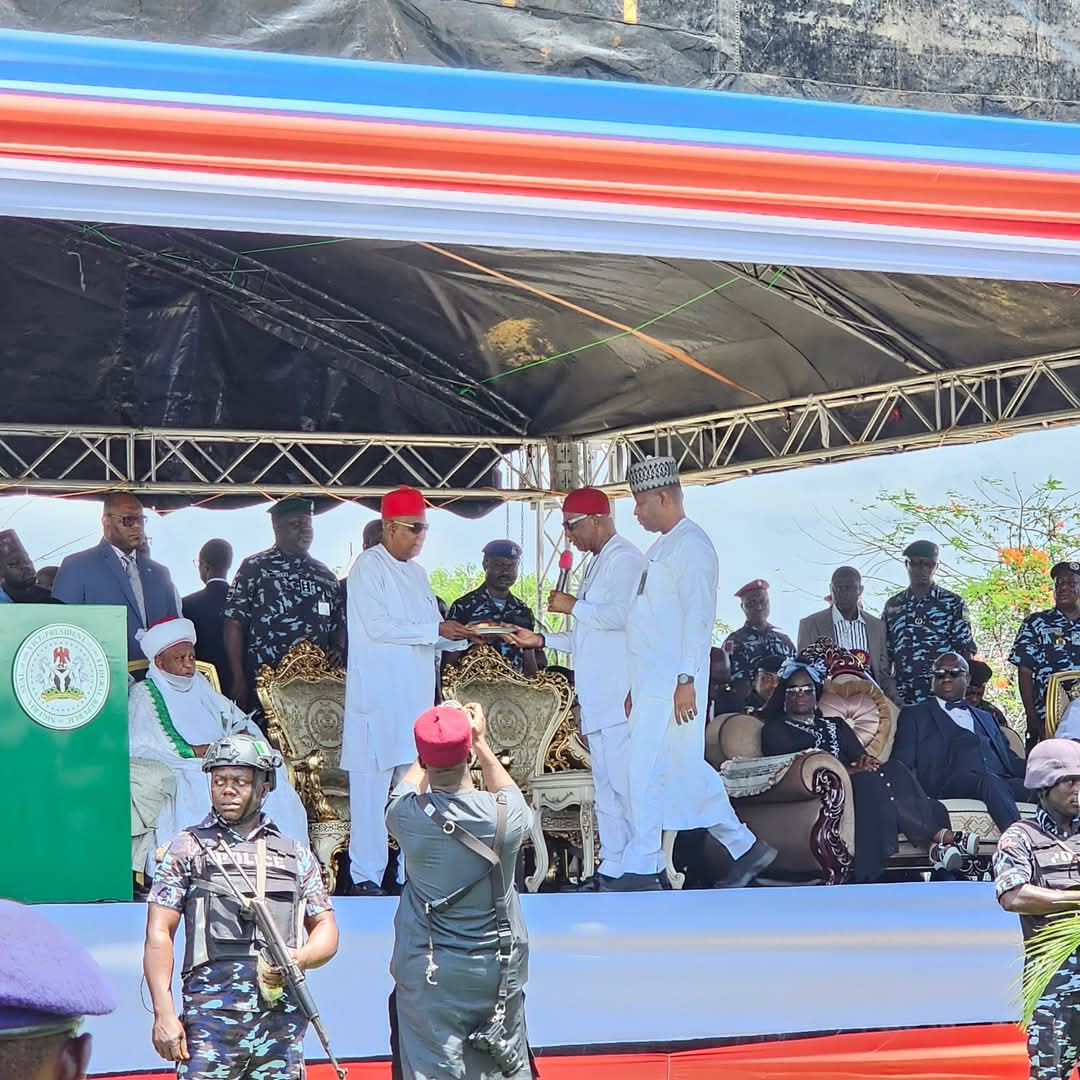
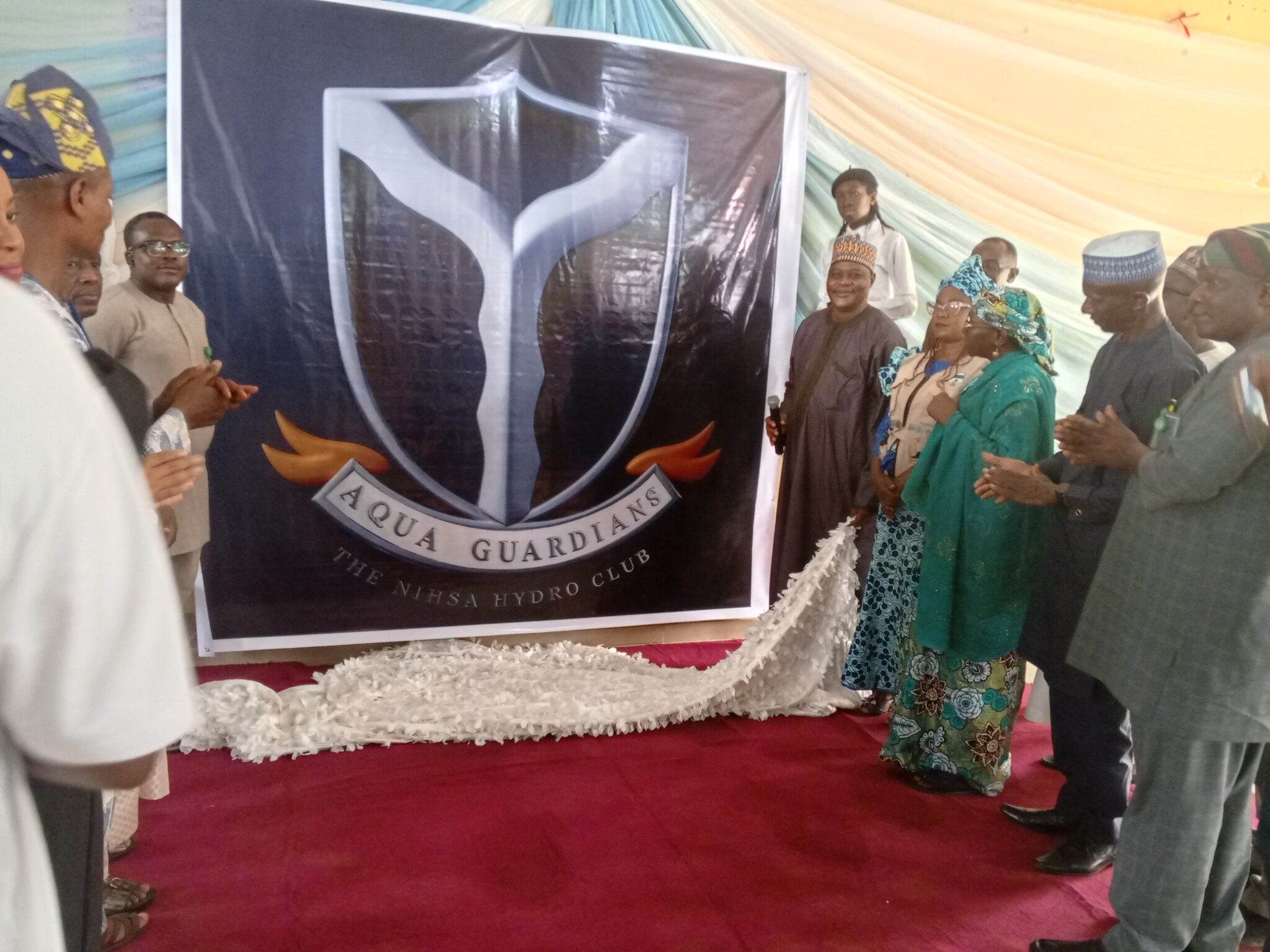

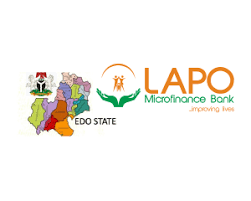
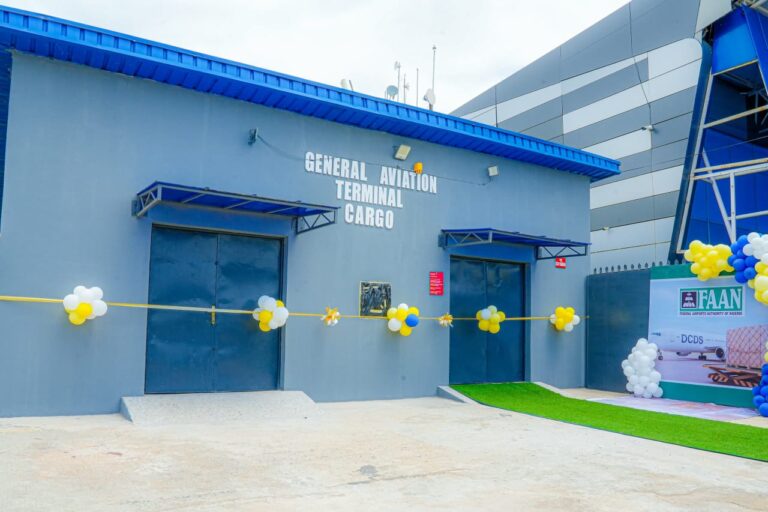
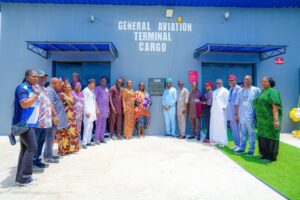


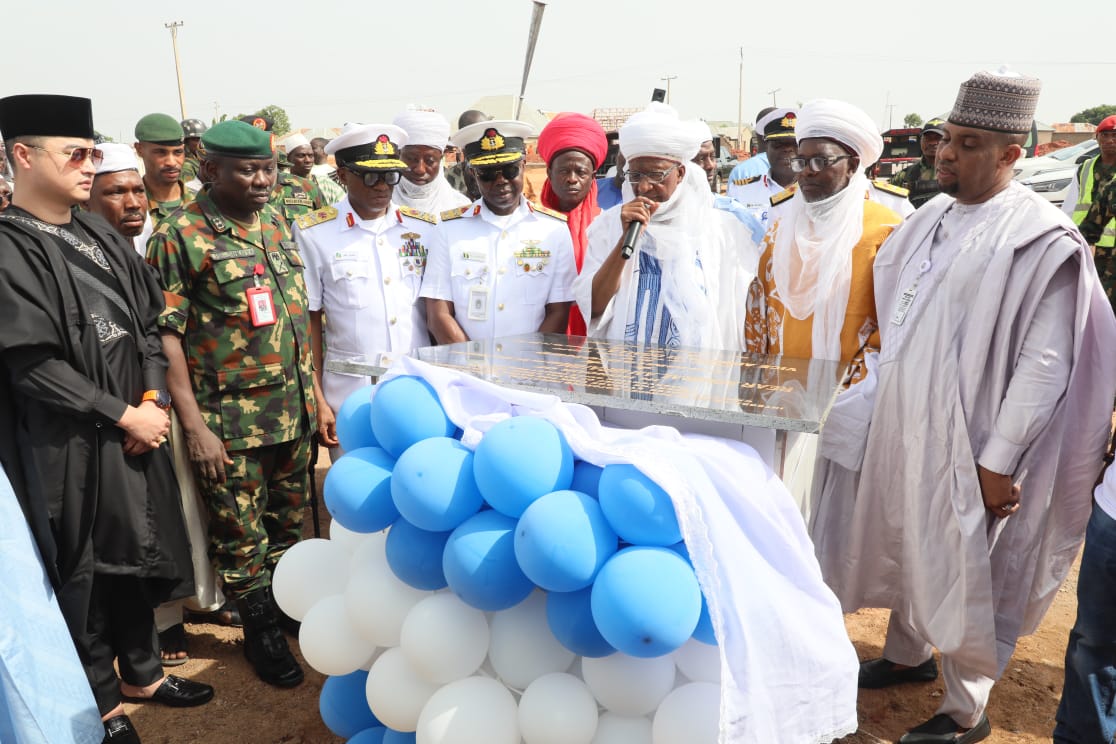
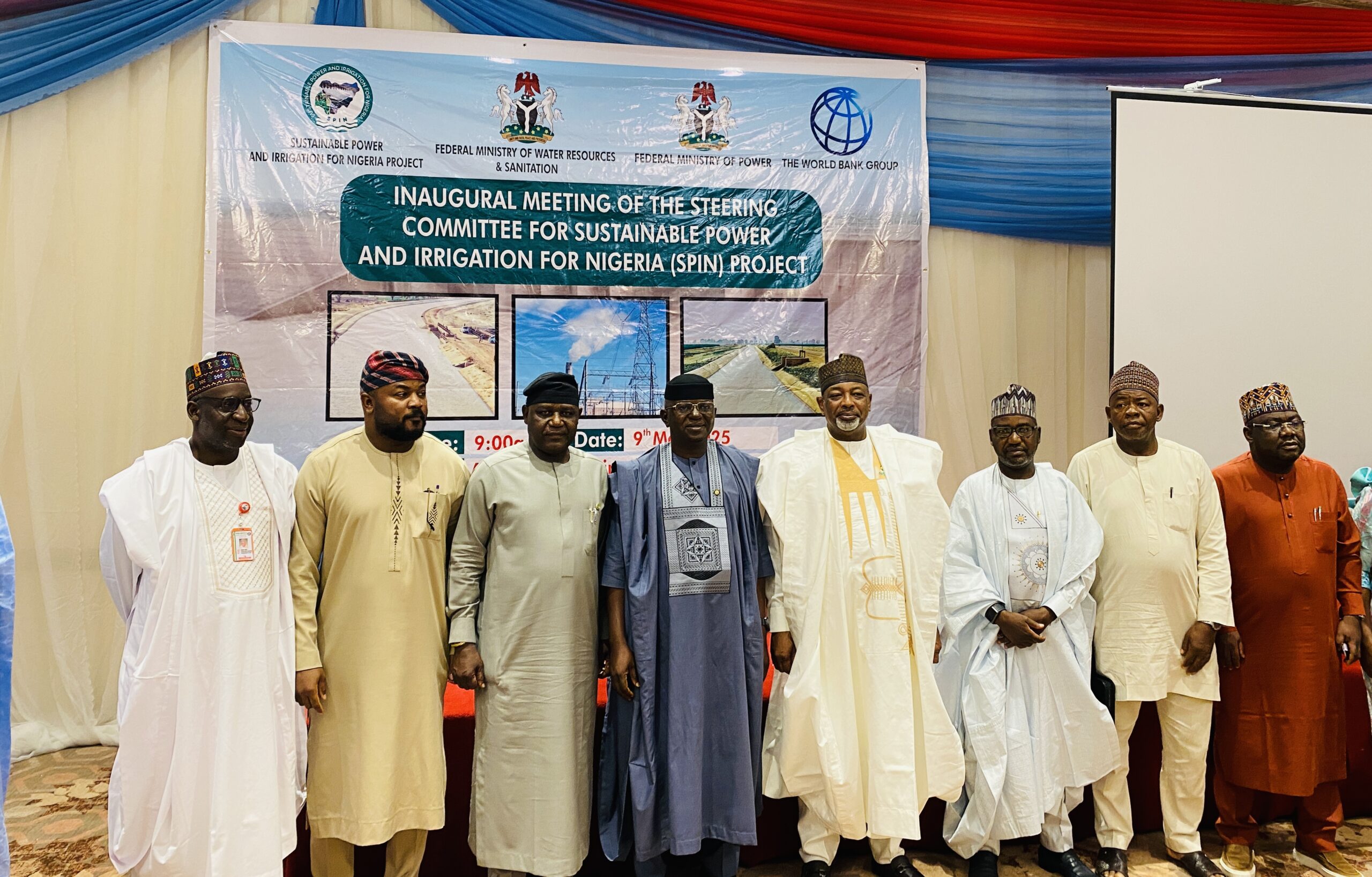
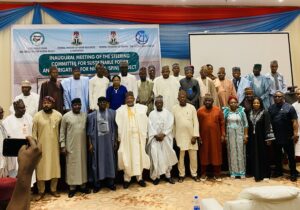 He noted that the ministry of power, as a key implementing partner, was responsible for preparing project memos aimed at attracting private sector investment into hydropower development.
He noted that the ministry of power, as a key implementing partner, was responsible for preparing project memos aimed at attracting private sector investment into hydropower development.